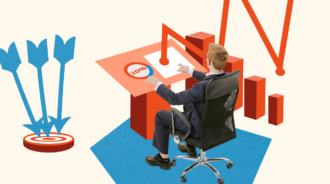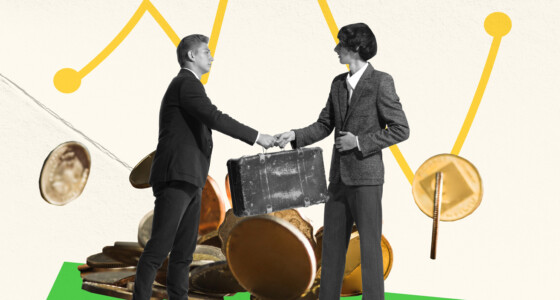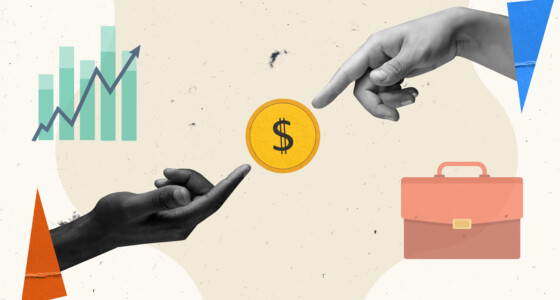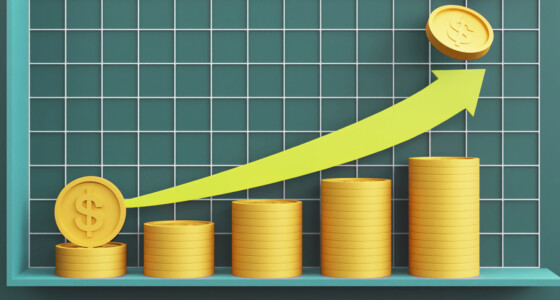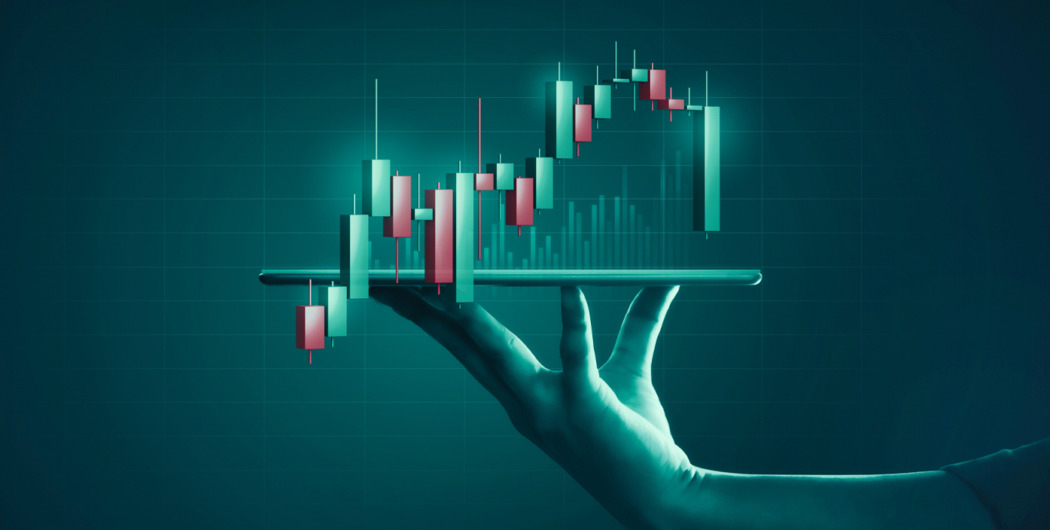

How do futures work for your benefit? Investing in futures brings in a competitive win rate of an average of 55/100, which is considered very lucrative for most day traders. More and more people are choosing futures over regular stocks, as they are more accessible to the average American. But what are futures in stocks, and how exactly do they work? Are all futures the same? Well, read on to find out.
Futures trading
What is futures trading? As the name implies, a “future” is a standardized and legal contract that is tied to the future. It is mainly an agreement to buy and sell an asset at a specified time in the future to gain profit. It is used in various markets to protect against price volatility, but also by speculators that wish to hold an advantage over the average price movement.
How do futures work
Futures allow you to get a specific price for a stock or an asset, such as cryptocurrency, and then sell it at a different (usually higher) price in the future. When you are learning what is futures trading, there are three components to consider when it comes to futures contracts:
1. Expiration date
The expiration date is the date when the futures contract comes to an end. To put it simply, it’s the day when one party has to buy the future and the other has to sell it at a predetermined price. With that in mind, the party that sells it could also be someone that purchased the contract from the previous owner, before the contract came to maturity.
2. Units per contract
This part will define exactly how much the contract is worth. The value of the asset may change from one platform to another. If the contract involved a specific number of Bitcoin, for example, the contract has to specify that exact amount, as well as their worth in the preferred currency.
3. Leverage
Leverage is used to increase gains on a futures contract. For instance, futures trading can allow users to borrow a certain amount of capital, therefore bringing their trading size up. The leverage can change from one platform to another, but most platforms allow ratios of 1:20, 1:50, and 1:100.
What are the futures types?
Futures can be categorized in various types, depending on what you are selling. The most common are the following:
1. Stock futures
Stock futures are the most common type of traded future, as stocks have been the preferred investing method for the longest time. With this type of future, you purchase stock indices and then you sell them at a particular time in the future, at a certain price. These futures track specific benchmarks, such as S&P 500.
2. Commodity futures
Commodity futures enable hedging against price changes for commodities in the future. This includes gold, petroleum, silver, and agricultural products. For instance, an investor may invest in futures to hedge against depreciation and protect against the price movement of the commodity.
3. Currency futures
Currency futures are very popular, especially on the international market. With these types of futures, you can buy (or sell) a certain currency against another one at a specific time. They are the appropriate choice for those who wish to hedge against risks and protect against appreciation or depreciation of the currency.
4. Interest rate futures
With interest rate futures, you agree to buy and sell instruments at a specific time in the future, with a predetermined price. Usually, these assets are either treasury bills or government bonds.

Using futures
High leverage is present in the futures market. This means that traders will not have to put up the full amount of the contract’s value when they enter trades. An initial margin amount will be requested instead. This margin amount is a small part of the full value of the contract.
The exchange where the trading takes place will decide whether a cash settlement can be made or if the contract requires physical delivery. A physical delivery contract may be considered by a firm in order to lock in a commodity’s price.
At the same time, many traders who enter futures contracts make trade speculations. Then, these contracts end up being netted or closed out, leading to a cash settlement.
Example of futures
So, imagine this situation: a trader wants to enter a futures contract in April and make crude oil price speculations. The investor expects the price to increase at the end of the year. Oil is usually traded in 1,000-barrel increments. In December, the futures contract for crude oil is trading at $100, leading to the trader purchasing this contract.
By doing so, the investor has a position worth $100,000 of crude oil now. The trader will not have to pay the whole amount immediately, though. Only a partial sum will be required upfront, which is the initial margin deposited with the broker.
There are price movements happening from April to December. In case the price has too much volatility, a broker may request for extra funds to be deposited into their margin account.
When the crude oil price rises to $120 in December, the trader can exit the position by selling the original contract with a cash-settled net difference, leading to earnings. But if the price drops to $70 instead, the trader will lose money.
What are futures contracts?
Futures contracts are legal agreements that allow buyers to bet on a commodity’s or a different security’s future price. You can enter various future contract types. Certain underlying assets like currencies, stock market indices, agricultural products, and oil may be included in these contracts.
Futures contracts can trade on organized exchanges, and they are quite popular among traders. The reason is that price fluctuations can help them make a profit.
Commercial customers also like them, mainly because they allow them to hedge risks.
What happens if you hold a futures contract until expiration?
Many traders with futures contracts keep them until expiration and then settle the position in cash. Based on how much the underlying asset decreased or increased in the investment holding period, the trader may get a cash settlement or pay one.
Sometimes, futures contracts might also have to be delivered physically. Delivery of the underlying asset would be considered by the investor that keeps the contract until it expires. The investor will be responsible for the price of insurance, physical storage, and handling materials.
The bottom line
So, what is futures trading, and why do investors seem to like it so much? It’s simple to answer the question of what are futures. By setting a certain price in the futures contract, you protect yourself against depreciation and other negative price changes. While there is a risk that you can lose a higher increase opportunity, at least you have fewer chances of losing money. If you are investing in the long term, the small gains can add up nicely.


